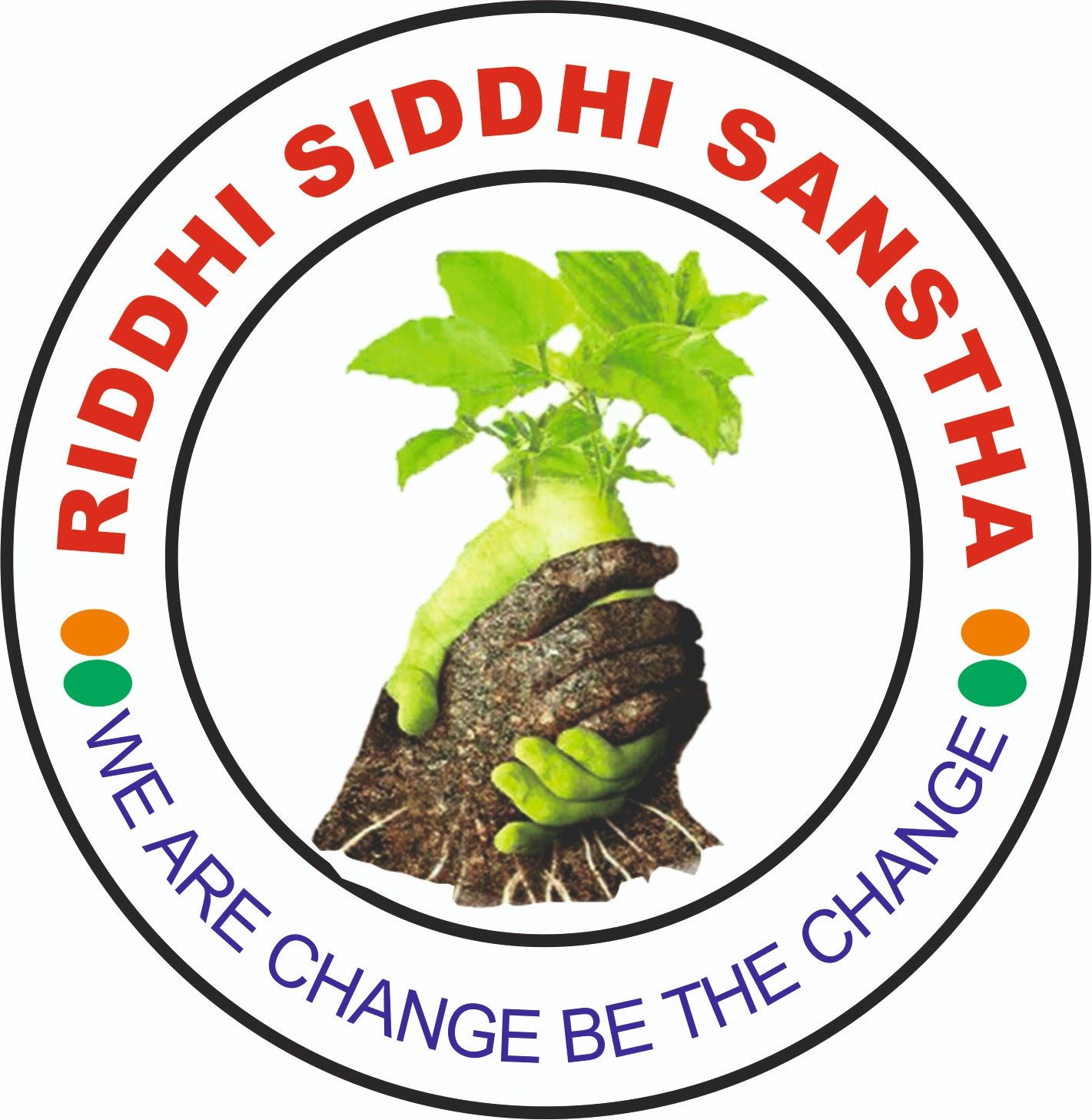-
-
-
AT JAMBHULANI POST PULKOTI TAL MAN
x
l
o
a
d
i
n
g





Leave A Comment